The famous maxim “respect for the rights of others is peace” is an essential value for the Zapotec in Oaxaca’s Sierra Juárez region, as well as a defining concept for peaceful living everywhere. In a recent journal article, Estonian anthropologist Toomas Gross explores the impact the belief has on the region where Mexican President Benito Juárez came from, the different ways the concept is interpreted, and the strong role that it has on fostering intercommunity harmony in the area.
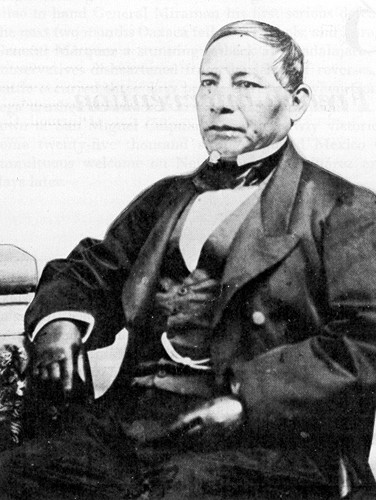
Toomas begins by explaining the background of the maxim itself. Benito Juárez, himself a Zapotec politician, became president of Mexico and led the Mexican forces in defeating the French military government of Emperor Maximilian I in 1867. Afterwards, he urged all Mexicans to obey the rule of law and to respect one another. His famous maxim, stated in full, was “Among individuals, as among nations, respect for the rights of others is peace.”
That ideal is still influential in contemporary Mexico, especially in the realm of politics in the Sierra Juárez region. The difficulty is that that region has experienced an extremely rapid growth of Protestant minority congregations in the rural villages. The traditional Catholics, still the majority, have developed tense relations in some instances with the Protestant groups over their understandings and interpretations of the ideal of respect. The concept of respect is central to both the Catholics and the Protestants of the region, but they think of it in different ways.
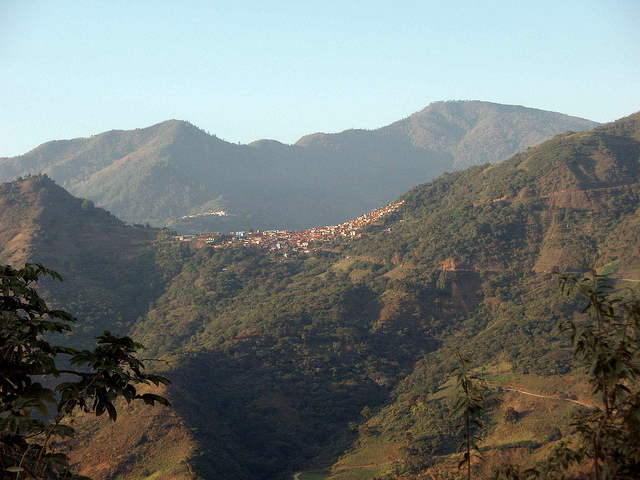
In most of the Zapotec villages in the Sierra Juárez, the Catholic majority defines respect in terms of the norms and practices that guide their social, cultural and political lives, called “usos y costumbres.” Those norms include such events as the celebrations of fiestas that commemorate the local patron saints. The usos y costumbres also define and exemplify other essentials of village life such as patterns of local decision making, practices of social organization, ways of resolving conflicts, and work responsibilities called cargos.
The conversion of people in the indigenous communities to Protestant faiths has had a rupturing effect, however. In the context of a Catholic community, emotional links are broken when people who have converted no longer need the mediation of patron saints. The sense of solidarity between the Protestant villagers and the Catholic majority is broken in many cases.
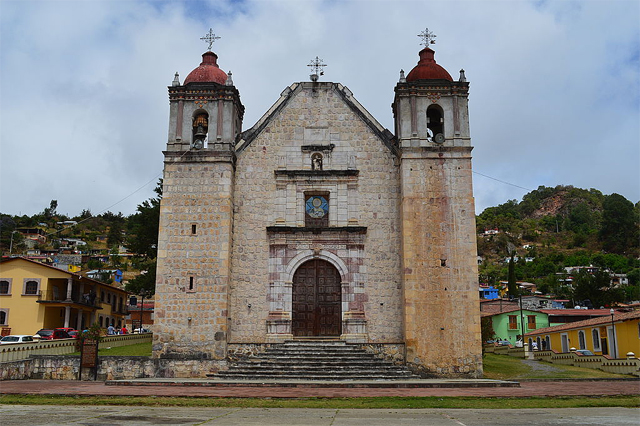
Tensions have developed. The author interviewed an elderly Jehovah’s Witness in Capulálpam who described her confrontation with the authorities in the village over a payment required to support the fiesta for its patron saint. “I categorically refused. I told them that I would be glad to support the village with my money, but only in matters not related to Catholicism (p.125).” She added that she was glad to pay for schooling or road construction, but not for venerating saints. The three men left and reported her to the village authorities, and people began to gossip about her.
These kinds of religiously-inspired hostile reactions to demands imposed by village authorities because of their commitments to their usos y costumbres used to provoke retaliation from the Roman Catholic authorities in the Sierra Juárez. The situation appears to have improved since the 1980 and 1990s, however, when the Protestant disdain for Catholic customs prompted open opposition and sometimes violence. In the village of Cojonos, for instance, authorities closed down an Adventist church, cut off electricity to its members, and forbid shop owners from selling to them. Their crime? They had refused to respect the traditional communal activities.
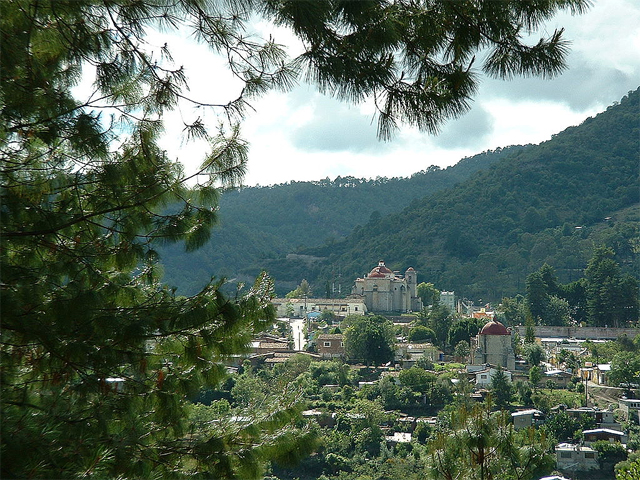
From the village of Ixtlán de Juárez, a devout Catholic named Mario expressed to the author his strongly critical feelings about the Protestants and their unwillingness to collaborate in the fiesta patronal. Mario argued against the Protestant growth in political terms: “These religions are foreign, not Mexican,” he said (p.126). He felt that the village authorities could no longer control the Protestants, the consequences of which were becoming disastrous. “Customs and traditions are fading,” he maintained. The author interviewed others who believed, as Mario did, that the proliferation of Protestants was “a US conspiracy.”
But if the Catholics insist on the importance of respect, so do the Protestants. However, they define it differently. They believe that respect means that the local majority and the community leaders must respect their rights to be different and to exercise their freedom of religion without being excluded from the community. The Protestants that the author interviewed insisted that their belonging in the community must not depend of participating in all practices that local customs seemed to demand. They felt that they are always the subjects of disrespect from the majority.
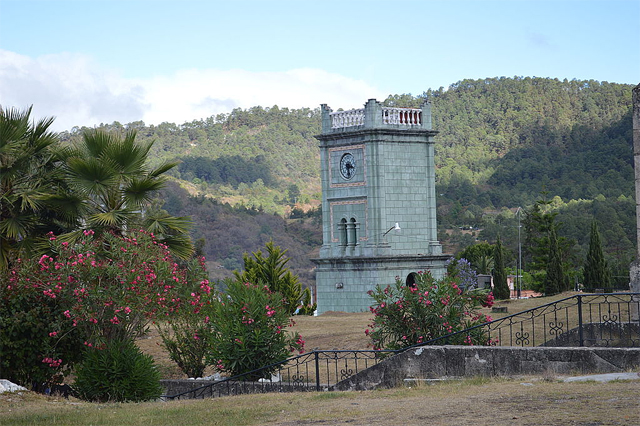
A former pastor of a Pentecostal church in Ixtlán named Maximino testified to the importance of the famous maxim by Juárez in the discussions and controversies. “We respected everyone—one should respect in order to be respected, as was Juárez’s slogan. During the assemblies we were a couple souls against three hundred, and we talked about the ideas of Juárez, in this very land of his! We talked about the rights we have, but nobody took any notice (p.130).”
The situation got rapidly worse in Ixtlán when the Pentecostals decided to build a new church. The authorities reacted by cutting the power and water supplies to the house of one of their leaders, a situation that lasted for two years. The author suggests that as long as the Pentecostals worshipped in private, they could be tolerated, but the institutionalization of their presence, symbolized by their raising a church building, would not be allowed. In more recent decades, however, public concerns for human rights in general, and freedom of religion in particular, have grown in Oaxaca.
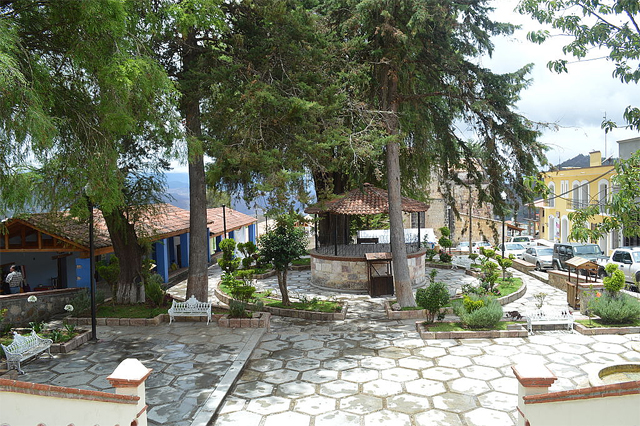
The author argues that the Zapotec are beginning to develop a respect for their differing interpretations of respect. Pedro, a former official in Capulálpam, insisted that respect between different social groups had to be reciprocated in order to thrive. He felt that the tensions between the different groups in the 1980s were eased by the dialogues, deliberations, and compromises they were able to reach, not by subjecting the minority to the will of the majority. Eduardo, another man in the same town, insisted that the Protestants in the village do seem to respect the usos y costumbres of the majority, and in return the Catholics do respect their religions.
Many of the author’s Protestant informants made it clear that their focus on keeping up their respect for the traditions of the majority has become a conscious strategy in order to maintain the good will of the whole community. However, the respect displayed by the Protestants for the customs and authority structure of the majority was clearly not unconditional—their religious freedoms had to be respected as well.
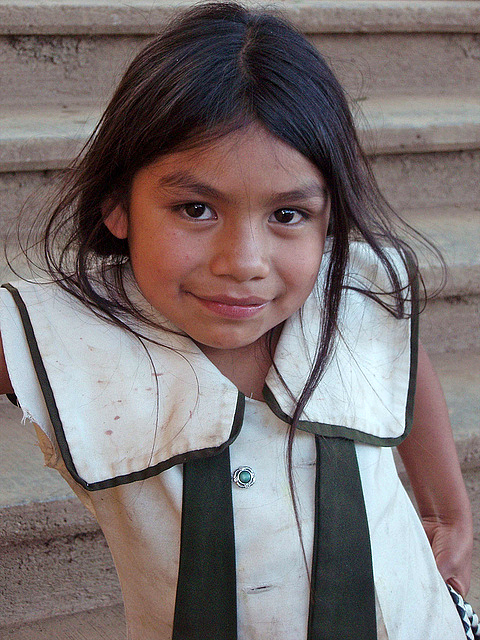
The future bodes well for the Zapotec of the Sierra Juárez. They realize that the focus on respect does not suggest a dissolution of their differences. Instead, it implies that everyone must respect one another’s beliefs. David, an Adventist leader in Capulálpam pointed out to the author that when the Protestants arrived, the local Catholics were quite hostile to them. “Nowadays there is mutual respect. They understand that we live differently, and we, in turn, respect them (p.133).”
In the Sierra Juárez, the more enlightened village authorities are learning to accommodate the various issues that are important to the Protestants: the Seventh-day Adventists cannot participate in community activities on Saturdays, the Jehovah’s Witnesses cannot participate in higher level cargos (work responsibilities), and Protestants in general won’t contribute to financing Catholic fiestas. The Protestants, for their part, do their best to contribute, to collaborate, and to participate as long as their involvement doesn’t violate their own particular beliefs.
Gross, Toomas. 2015. “Religion and Respeto: The Role and Value of Respect in Social Relations in Rural Oaxaca.” Studies in World Christianity 21(2): 119-139